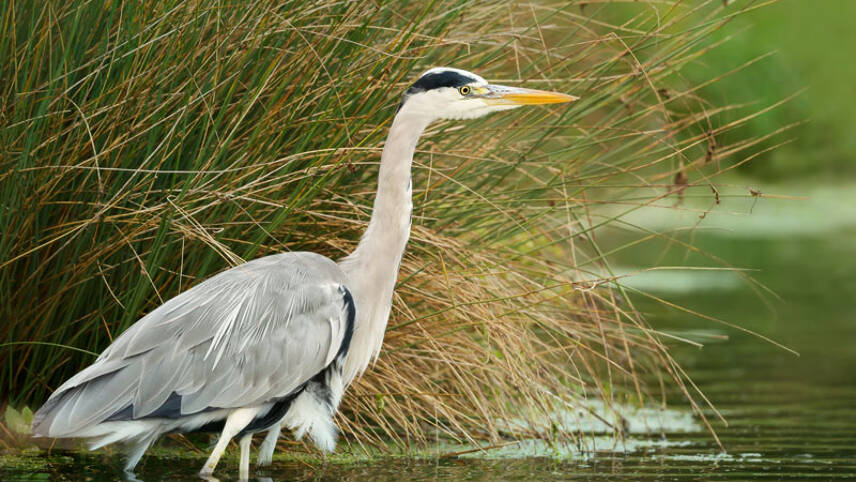Register for free and continue reading
Join our growing army of changemakers and get unlimited access to our premium content

Wildlife and Countryside Link sent the Department a Freedom of Information request asking for data to back up the Government’s claim that it is on track to reach the so-called ’30 by 30’ target.
This target has been ratified by the UK and more than 185 other nations through the UN’s Biodiversity Treaty. It was signed late last year but the UK had been supportive of this target in particular for more than a year prior to the final agreement. The Treaty is intended to halt nature loss this decade and bring about restoration at an unprecedented scale and pace thereafter.
Defra told Wildlife and Countryside Link that is had not conducted its own assessments of Government progress on land and ocean protections between 6 March and 6 September this year. It also claimed that no emails relating to such assessments had been sent in that timeframe.
Natural England, Defra stated, had also not conducted any such assessments.
Defra’s response states that the Department will strive to publish a map of which areas can and will account towards the 2030 target by the end of 2023. It also promises a new engagement exercise to map a pathway to delivering the target in England “in the coming months”.
Wildlife and Countryside Link has been joined by other supporters of the Nature 2030 campaign in arguing that the Government should not claim it is on track for its 30 by 30 target until it can back that assertion up with numerical data.
The NGO’s chief executive Dr Richard Benwell said: “The Government is making big claims on its achievements for nature’s recovery that simply don’t hold up to scrutiny.
“Given that the target is a critical milestone for improving nature it is disappointing, to say the least, that Government is not tracking its progress and can provide no policy route for how the target will be met by the deadline.”
The National Trust’s nature and science director Rosie Halls added: “While Defra has convened an expert group of biodiversity scientists to provide advice, what’s urgently needed is a cross-department roadmap which clearly sets out how we achieve nature’s renewal, recognising that all parts of government have a role to play in reversing this alarming and continuing decline.”
A Defra spokesperson said it would be “completely false” to claim that the Government has no plan at all to deliver its 30 by 30 target, nor any data on progress to date. They pointed to the 262-page Environmental Improvement Plan published earlier this year and reiterated the response document’s promise to publish 30 by 30 data by the end of 2023.
Policy interventions
Earlier this year, the House of Lords’ Environment and Climate Change Committee published new analysis concluding that only 6.5% of the land in England is currently protected in ways that can count towards the 30% target. It was not able to access or estimate a baseline for marine habitats.
The Committee warned that the nation will have only a slim chance of meeting the target without urgently implementing a package of impactful interventions.
The Nature 2030 campaign is advocating for stronger protection and increased funding for publicly owned nature sites to deliver the 30 by 30 target. It also wants to see the Government creating more of these sites.
Additionally, the campaign believes that delivering the target will require the granting of legal protections to more areas and the creation of specific nature recovery targets for National Parkts and Areas of Natural Beauty.


Please login or Register to leave a comment.